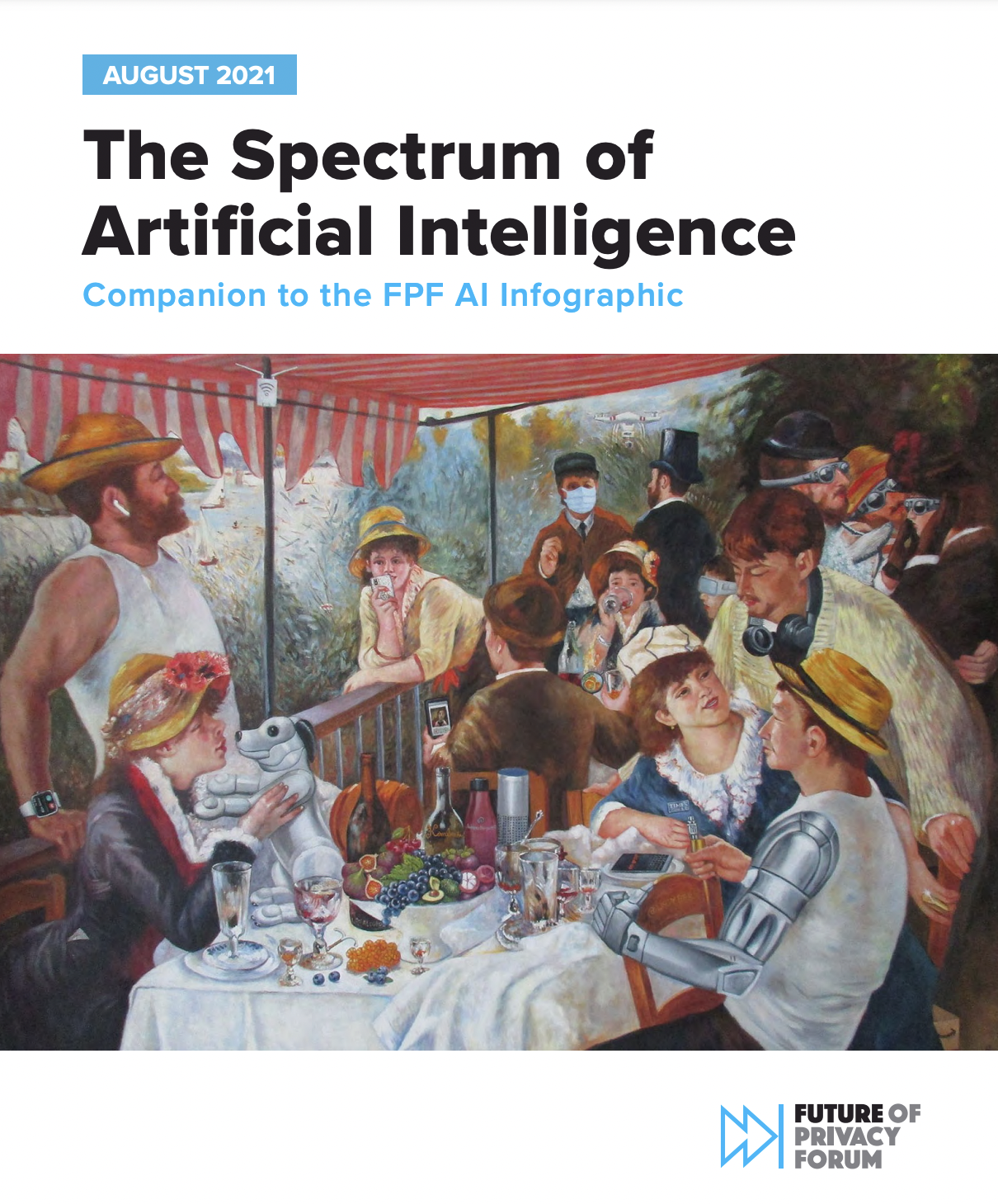
The Future is Open: The U.S. Turns to Open Banking
FPF is pleased to work with a broad set of stakeholders on concepts around privacy and open banking. For more information on our new Open Banking Working Group and related projects, please contact Jeremy Greenberg: [email protected]. Introduction In July 2021, President Biden signed the Executive Order on Promoting Competition in the American Economy. The Executive […]

Event Report: From “Consent-Centric” Frameworks to Responsible Data Practices and Privacy Accountability in Asia Pacific
On September 16, the Asia-Pacific office of the Future of Privacy Forum (FPF) held its first event following its launch in August 2021. This event was hosted by the Personal Data Protection Commission (PDPC) of Singapore during the very popular “Personal Data Protection week” (PDP Week 2021). The theme of the event was Exploring trends: […]

Upcoming data protection rulings in the EU: an overview of CJEU pending cases
There has been a surge in questions posed by national courts to the Court of Justice of the EU (CJEU) in the past year on how various provisions of the General Data Protection Regulation (GDPR) should be interpreted and applied in practice. They vary from understanding essential aspects of the fundamental right to the protection […]

Joint Project to Explore Limits of Consent in Asia-Pacific Data Privacy Regimes
The Future of Privacy Forum (FPF), a non-profit organization that serves as a catalyst for privacy leadership and scholarship, has partnered with the Asian Business Law Institute (ABLI), a subsidiary of the Singapore Academy of Law (SAL). With this partnership, FPF Asia Pacific and Singapore’s top legal think tank join forces to offer a unique […]

China’s New Comprehensive Data Protection Law: Context, Stated Objectives, Key Provisions
The National People’s Congress (NPC) of China adopted on August 20, 2021 the first Chinese comprehensive data protection law, the Personal Information Protection Law (PIPL), less than a year after the first draft of the law was published. The NPC thus concluded its legislative process that saw two additional markups of the law since October […]

The Spectrum of AI: Companion to the FPF AI Infographic
This paper outlines the spectrum of AI technology, from rules-based and symbolic AI to advanced, developing forms of neural networks, and seeks to put them in the context of other sciences and disciplines, as well as emphasize the importance of security, user interface, and other design factors.

Now, On the Internet, EVERYONE Knows You’re a Dog
Digital identity systems vary in complexity. At its most basic, a digital ID would simply recreate a physical ID in a digital format, whereasa fully integrated digital identity system would provide a platform for a complete wallet and verification process, usable both online and in the physical world.

Uniform Law Commission Finalizes Model State Privacy Law
This month, the Uniform Law Commission (ULC) voted to approve the Uniform Personal Data Protection Act (UPDPA), a model bill designed to provide a template for uniform state privacy legislation. After some final amendments, it will be ready to be introduced in state legislatures in January 2022. The ULC has been engaged in an effort […]

What the Biden Executive Order Means for Data Protection
Last week, President Biden signed an Executive Order on “Promoting Competition in the American Economy” (“the Order” or “the EO”), published together with an explanatory Fact Sheet. The Order outlines a sweeping agenda for a “whole of government” approach to enforcement of antitrust laws in nearly every sector of the economy. Although there is a […]

Event Recap: Dublin Privacy Symposium 2021, Designing for Trust: Enhancing Transparency & Preventing User Manipulation
Key Takeaways The biggest challenge to increase UX transparency may be encouraging people to make deliberate decisions from a UX design perspective. Even designers’ color and shape choices in UI can be subtle ‘dark patterns’ that might even prevent, e.g., color-blind users from understanding the options at hand. Organizations should ask themselves whether they should […]
